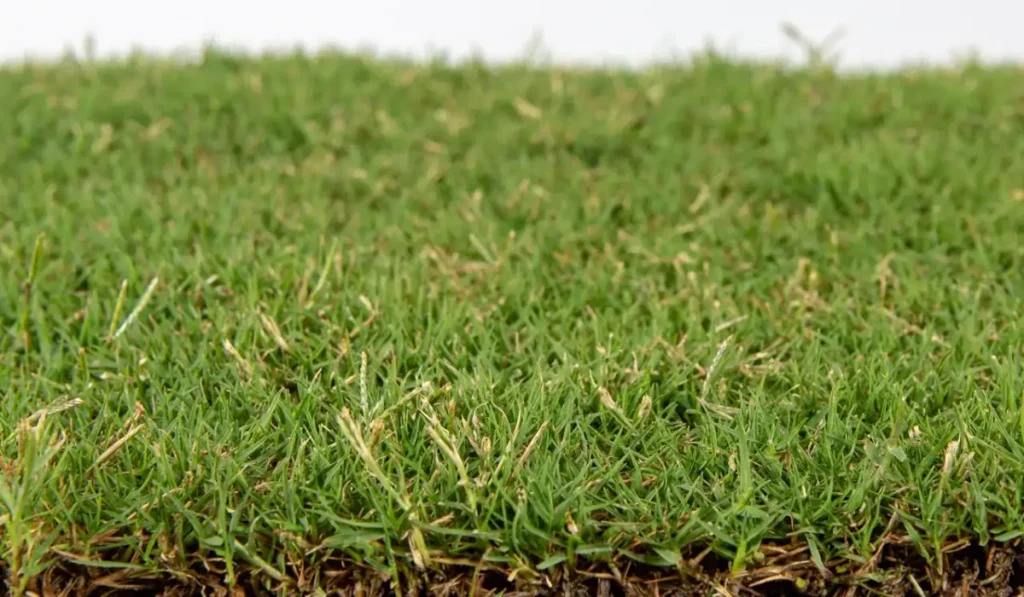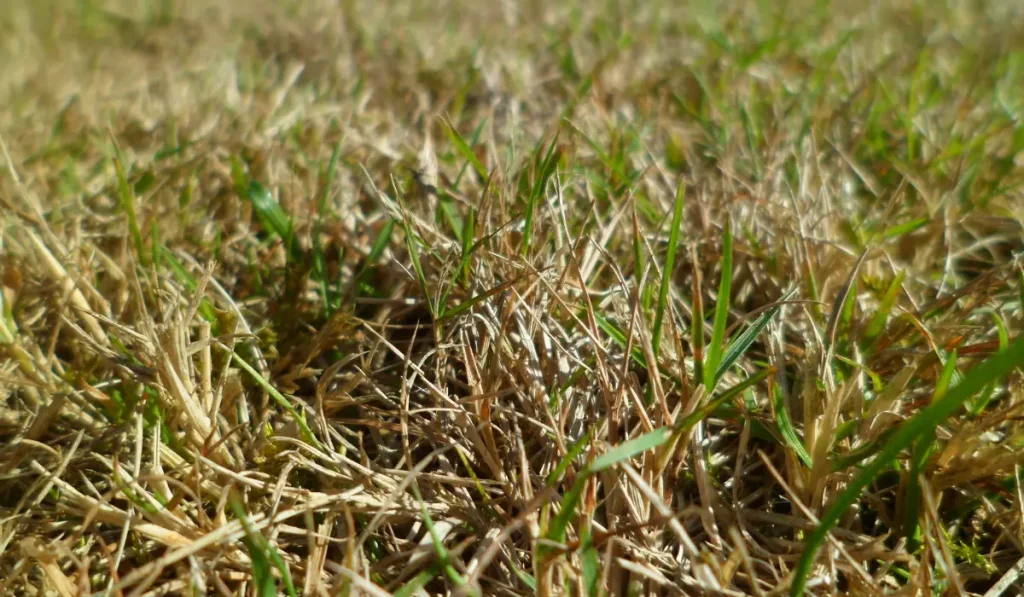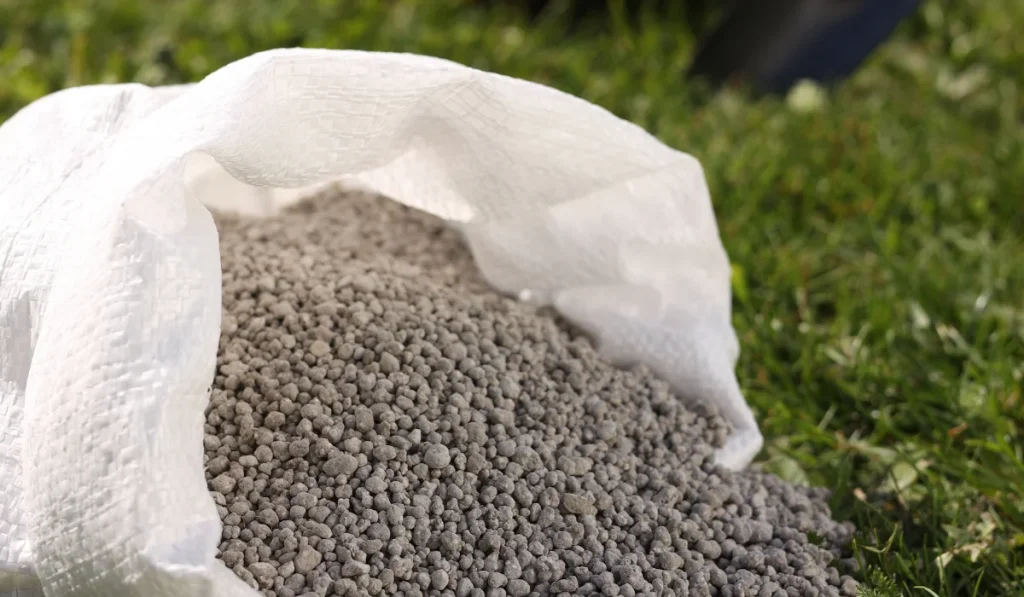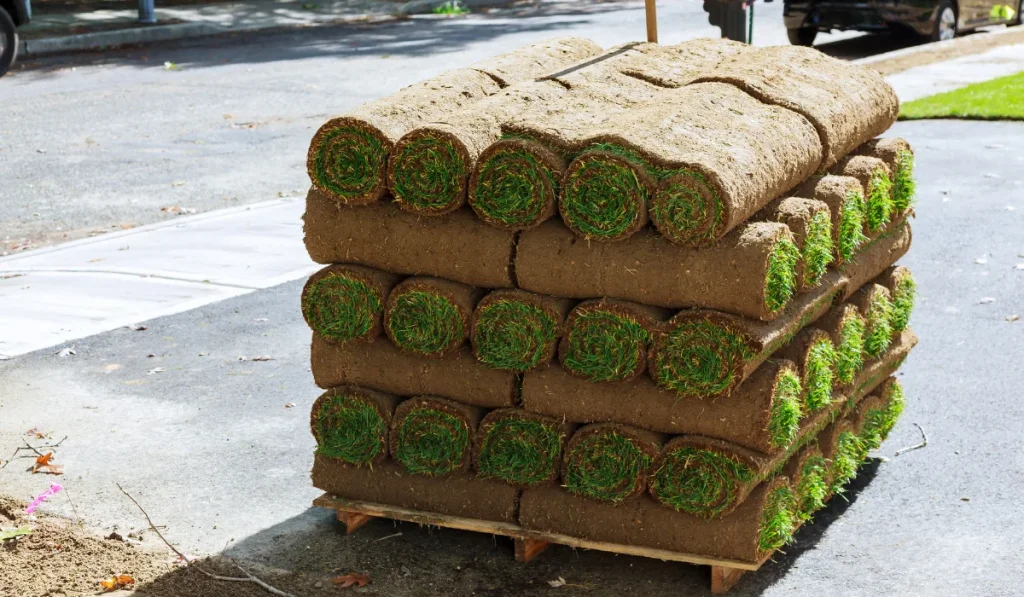Do you dream of having a picture-perfect lawn that’s the envy of the neighborhood? If so, you may have considered using Celebration Bermuda grass.
However, before you decide to plant Celebration Bermuda grass, there are a few things you should know. In this blog post, we’ll give you an overview of what Celebration Bermuda grass is and how to care for it.
Key Takeaways
- Celebration Bermuda grass is a wear- and drought-tolerant type of grass that offers excellent performance for homeowners and business owners alike.
- It is often used in sports fields, golf courses, and other areas in which excellent drought resistance and wear tolerance are necessary.
- Celebration Bermuda grass requires regular fertilizing to maintain its lush blue-green color but does not need frequent watering.
What Is Celebration Bermuda Grass?
Celebration Bermuda grass is a type of hybrid Bermuda grass. It’s a cross between common Bermuda grass and Asian varieties of the grass.
Celebration Bermuda grass is known for its thick blades, rapid growth, and ability to withstand heavy foot traffic. It’s also resistant to many common lawn pests and diseases.
Color
This grass comes in a deep blue-green shade that holds its color well throughout the season. It has a fine leaf texture and low seed head formation. It requires moderate levels of mowing and fertilizing.
Drought Tolerance
Celebration Bermuda grass thrives in hot, humid environments, but is tolerant to somewhat colder weather as well. It handles drought with ease.
Disease Tolerance
Celebration Bermuda grass is not the most tolerant of pests (it can deal with chinch bugs fairly well but does not hold up well to pressures from fall armyworms or sod webworms, in particular).
That said, it has excellent disease tolerance. It is resistant to many common lawn diseases, rarely suffering from issues like gray leaf spot, brown patch, or decline virus.
Shade Tolerance
Celebration Bermuda grass grows low and has tough runners, requiring less mowing than other types of grass (particularly other types of Bermuda grass). It grows in many soil and climatic conditions, including in partial shade.
However, like other Bermuda grasses, Celebration Bermuda grass grows best in full sun.
Heat Tolerance
Celebration Bermuda grass performs best in hot, humid weather but can also tolerate weather that is somewhat cooler.
Winter Color
Celebration Bermuda grass goes dormant once soil temperatures drop below 55 degrees. The rest of the year, it remains a dark blue green color.
If you overseed with rye grass, as many homeowners choose to do, it will maintain its lush green color year-round.
Recovery from Moderate Wear
Celebration Bermuda Grass performs quite well across a variety of applications. It is often used in the southern United States on college and professional sports venues, on golf courses, and of course, on home lawns.
Celebration Bermuda grass recovers well from moderate and even heavier wear. It has moderate salt tolerance and weed resistance and recovers quickly from damage.
The Pros and Cons of Celebration Bermuda Grass
| Pros of Celebration Bermuda Grass | Cons of Celebration Bermuda Grass |
|---|---|
| Relatively tolerant of drought conditions | Requires regular mowing |
| Very tolerant of salt, good choice for lawns near the ocean | Has tight runners and deep roots, which can be difficult to control |
| Grows quickly | Won’t hold its color well in full shade |
| Can withstand heavy foot traffic | Requires more maintenance than other types of grasses |
| Grows well in full sun and can tolerate some partial shade |
Maintenance Tips for Celebration Bermuda Grass
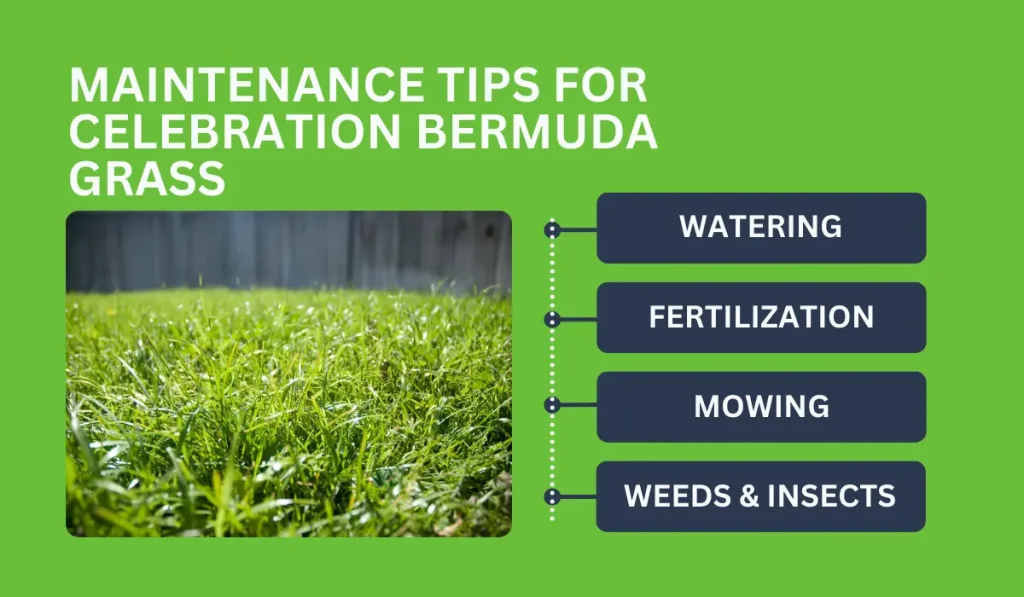
A well-manicured lawn is the stuff that dreams are made of. The smell of fresh-cut grass, the sound of the blades rustling in the breeze, and the bright green color are all hallmarks of a healthy lawn.
While it may take some effort to maintain your lawn in pristine condition, it’s well worth it when you can sit back and enjoy the fruits of your labor. Here are some Celebration Bermuda grass maintenance tips to help you achieve the lawn of your dreams.
Watering
Celebration Bermuda Grass only needs about one inch of water per week, even in hot, dry weather.
Water for long periods of time but less frequently, ideally first thing in the morning, and be sure to take rainfall into consideration so you don’t overwater the lawn.
Fertilization
Feed your Celebration Bermudagrass once a month in the summer, spring, and fall.
Mowing
Mow about once per week, removing dormant grass in the spring and bagging up the material to prevent clumping or disease formation.
After this first mow, you can cut the grass to one to two inches tall each time you mow. Try not to mow more often than once every three days.
Weeds & Insects
There’s no need to apply herbicides to your lawn during the summer, but if weeds are a problem, you may want to apply a pre-emergent herbicide in the spring (once temperatures are 55 degrees Fahrenheit or warmer). That way, you can prevent weeds like goosegrass and crabgrass from taking hold.
You can also use insecticides to control spring insects like white grubs, though Celebration Bermudagrass tends to be fairly resistant to insects.
People Are Also Asking
What does Celebration Bermuda Grass cost per pallet?
Prices vary, but on average, Celebration Bermuda grass costs around $150 to $400 per pallet.
How does Celebration Bermuda Grass compare to Tifway 419?
Celebration Bermuda Grass is a hybrid of several different types of Bermuda grass, and it is known for being particularly resistant to wear and tear. It is often used in golf courses and other high-traffic areas. Tifway 419 is another type of Bermuda grass that is commonly used in athletic fields. It has a very dense growth habit, which makes it difficult for weeds to take root. However, it is not as tolerant of heavy foot traffic as Celebration Bermuda Grass.
What are the best tools for caring for sod?
When it comes to caring for sod, there are a few essential tools that every homeowner should have. A lawn mower is the most obvious choice, and it’s important to choose one that is the right size for your yard. A reel mower is a good option for smaller yards, while a gas-powered mower is better for larger areas. In addition, you’ll need a garden hose and sprinkler system to keep your sod watered and a rake or leaf blower for clearing away debris.
